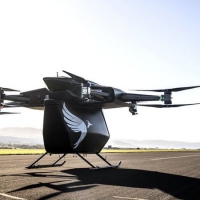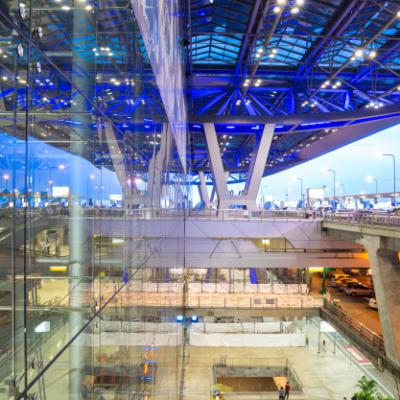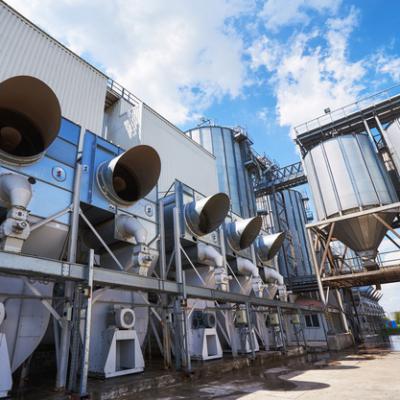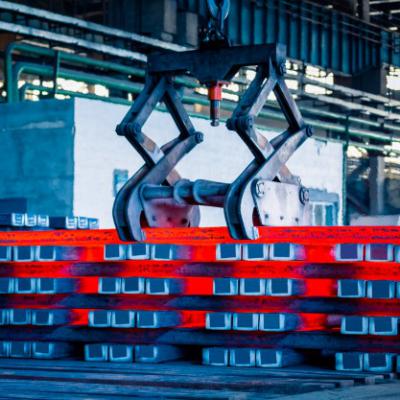The UK will impose new rules next year aimed at preventing Google and Facebook from abusing their market dominance.
The Competition and Markets Authority (CMA) said the two firms accounted for around 80% of the £14bn ($18.7bn) spent on advertising online in 2019.
The new regime will attempt to give consumers more control over their data.
It will also "help small businesses thrive, and ensure news outlets are not forced out by bigger rivals," according to the government.
- Why don't Facebook and Apple like each other?
- Tech giants join forces on Covid misinformation
- Google limits Photos and file storage
"There is growing consensus in the UK and abroad that the concentration of power among a small number of tech companies is curtailing growth of the sector, reducing innovation and having negative impacts on the people and businesses that rely on them," said Digital Secretary Oliver Dowden, in a statement.
"It's time to address that and unleash a new age of tech growth."
The new code will set clear expectations for the most powerful firms over what represents acceptable behaviour when interacting with competitors and users.
Platforms that are funded by digital advertising could be required to be more transparent about the











